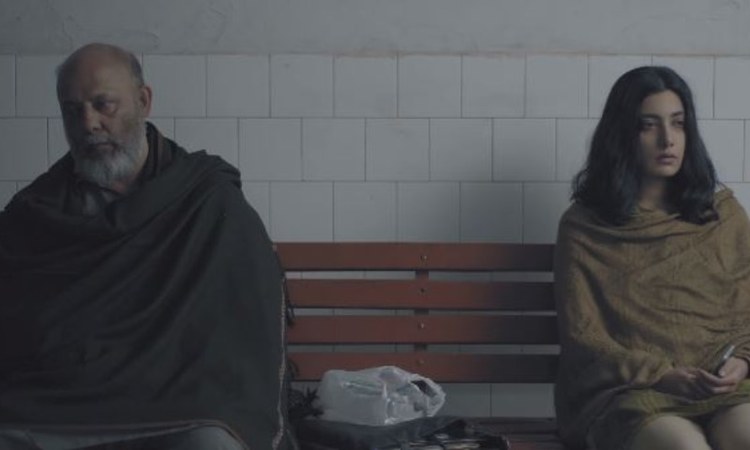Contrary to what may appear on surface level, Pakistan today is more sensitive than ever before to the kind of content that is released on TV and in cinemas. The country is polarized in terms of the image it wants to project globally and the ground reality of the way things actually are. While the government talks about creating content that will help brand Pakistan better, there are unreasonable obstacles to release a film as benign as Zindagi Tamasha. Originally set to release across Pakistan on January 24, 2020, Zindagi Tamasha –Â an award-winning film by Sarmad Khoosat – is the most recent victim of this brutal, conflicting reality.
In a time like this, it is difficult to imagine that a movie like Khuda Kay Liye was ever released in the same country. KKLÂ officially marked the comeback of Pakistani cinema in 2007; it released with an ensemble cast of Shaan Shahid, Iman Ali, Fawad Khan and even Naseeruddin Shah from across the border. The film focused on the post-9/11 era for Muslims and their struggles in four different situations. Yet, people at that time did not seem to have a problem with this being the movie they made the comeback with despite the risky topics it explored.
13 years later, in the same country, a movie with a much softer message, Zindagi Tamasha, has been struggling to make it to theatres for months. According to its trailer, it follows the life of a naat khuwan (someone who recites Naats), who is shunned from society after a video of him — deemed objectionable by those around him — goes viral.

The film was initially cleared by the censor boarded TWICE and was set to release during the end of January. Two days prior to its release the government announced that they have stopped the film’s screening after being pressured by TLP, a highly religious political party. The film is now awaiting a follow-up review, by a committee including members of the Council of Islamic Ideology (CII), in an unprecedented move to maintain peace in the country.
Government postpones release of Zindagi Tamasha
It seems like the country has regressed over the last decade. The filmmaker has been bullied and threatened following the propaganda that has spread regarding the film, whereas it was made with the sole purpose of alleviating misconceptions in society. The release has now been shelved until further notice.
The question that arises in this whole ordeal is that did the Pakistan film industry have more freedom to release quality content years ago?
Khuda Kay Liye had created a lasting impact on not just the Pakistani audience, but all around the world. That film clearly had a much stronger (read controversial) message compared to Zindagi Tamasha. It was a work of art resulting from suppressed anger about misinterpretations of Islam and Muslims. The film had also focused on several grey areas like Muslims marrying non-Muslims and the idea of Jihad being a war with ourselves to overcome our failings rather than being a synonym for terror. The misconceptions around marital rape, forced arranged marriages and the effects of western Islamophobia were also explored. Despite all this, and two fatwas being issued against it, the movie reached cinemas and made its mark.

The question is that could such a film survive today’s brutal vetting for films? With Zindagi Tamasha being shunned by people who made the assumptions through a mere trailer, it’s a mystery whether Shoaib Mansoor’s Khuda Kay Liye would have even stood a chance. It could be due to the fact that KKL had strong backing by Geo whereas Zindagi Tamasha has not been picked up by a channel. Either way, it’s not hard to envision that the audiences would have been deprived of such a cinematic masterpiece if it were to be released today.



